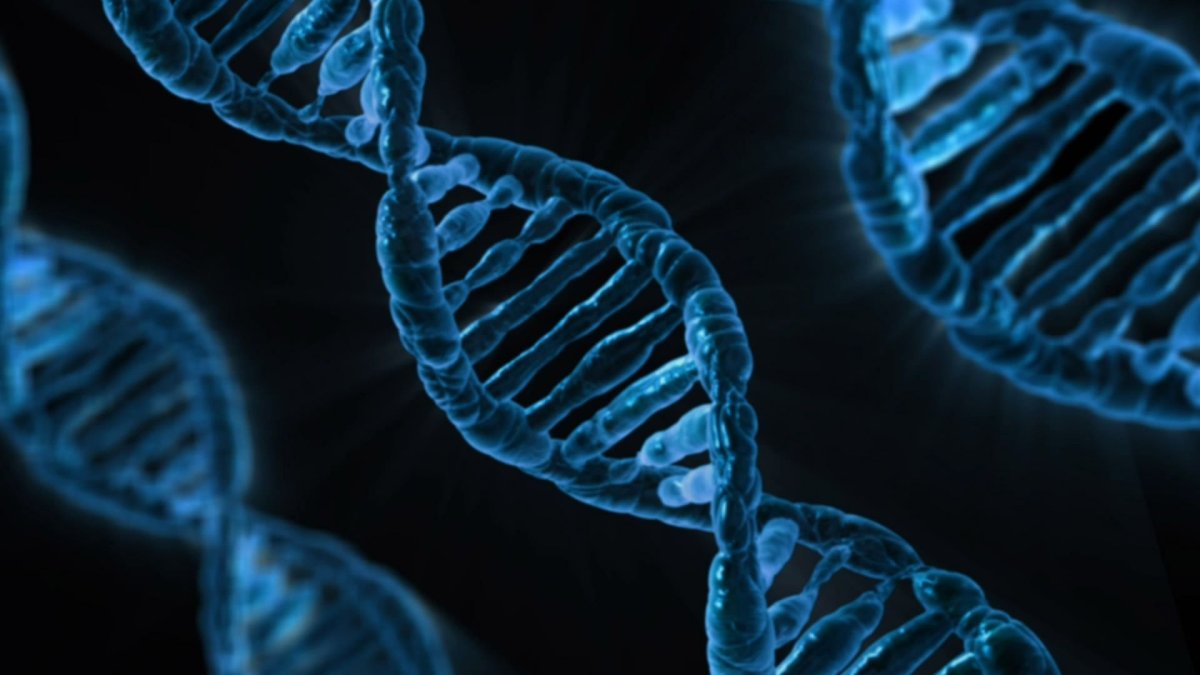A fast, efficient gene-editing technology called CRISPR has already proved it can do amazing things with plants and with animal embryos, changing the very building blocks of life—DNA.
But can this powerful technology help humans with debilitating, genetic brain diseases?
Rett syndrome, which can cause patients to lose their ability to speak, walk and sometimes even breathe on their own, is devastating. There is no cure. But if doctors could change just a small segment of their patient's mutated DNA, that patient would be cured.

Gene therapy has existed for many years, but so far hasn't offered any firm solutions for humans suffering from Rett syndrome. However, it has successfully cured rodents of the disease, according to ReverseRett.org. Could the efficiency of CRISPR be the miracle doctors need to bring this to people?
CRISPR-Cas9 functions by finding a specific piece of DNA that includes an error, cutting out that segment and replacing it with the correct segment. It's so efficient and cheap that you can buy your own DIY CRISPR kit for $159.
The first CRISPR clinical trial in humans was approved in 2016, and while those trials are for cancer, this could pave the way for researchers studying genetic brain diseases to seek approval too.
If a patient with Rett received a CRISPR treatment, that would theoretically stop the disease in its tracks. Furthermore, without Rett attacking a patient's brain, that patient would have the chance to recover, as new neural pathways form and the patient has a chance to heal.
It's unclear how hopeful patients and their families should be regarding this potential cure. In an article in the Orphanet Journal of Rare Diseases, the authors write, "There is not enough information available to lay persons to allow realistic expectations to be set for the 'cure' [for Rett]. No wonder the public becomes despondent and distrustful of experts when those inevitable 'bumps-on-the-road' arise, especially during clinical trials."
Uncommon Knowledge
Newsweek is committed to challenging conventional wisdom and finding connections in the search for common ground.
Newsweek is committed to challenging conventional wisdom and finding connections in the search for common ground.
About the writer
Kristin is a science journalist in New York who has lived in DC, Boston, LA, and the SF Bay Area. ... Read more
To read how Newsweek uses AI as a newsroom tool, Click here.






